What is Secondary Traumatic Stress?
Secondary traumatic stress (STS) affects all kinds of workers: firefighters and police officers, teachers and case managers, probation officers and public defenders, therapists and clergy members, hospice nurses and emergency room physicians—anyone whose job calls them to empathize with someone else’s trauma and distress.
Such helping work brings rewards: human connection, pride, purpose, feelings of efficacy and value. But it can also have corrosive effects like those of experiencing trauma first-hand: problems with concentration and focus; insomnia or nightmares; anxiety and depression; physical ailments; feelings of burnout, apathy and isolation.
Over time, and without support, people with STS may feel a withering toll on their bodies, minds and spirits.
Meet workers who have experienced STS in these short highlights from Portraits of Professional CAREgivers: Their Passion, Their Pain.
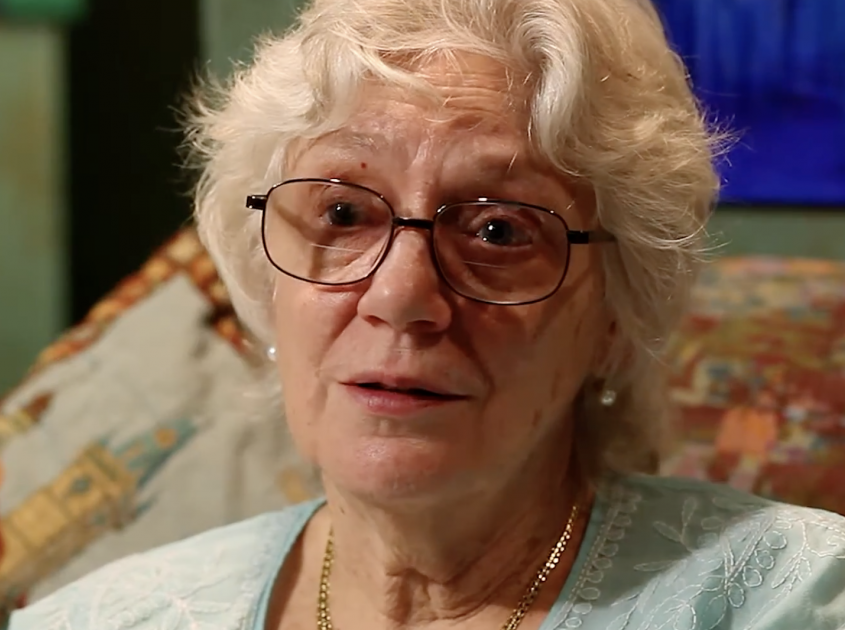 Therapist
Therapist
A therapist who denies the physical toll of her work until she suffers fainting episodes
 Social Workers/ Child Welfare
Social Workers/ Child Welfare
A child welfare worker who wakes up with heart racing from the TV news
 Firefighter
Firefighter
A firefighter who feels numb after comforting survivors of a devastating home blaze
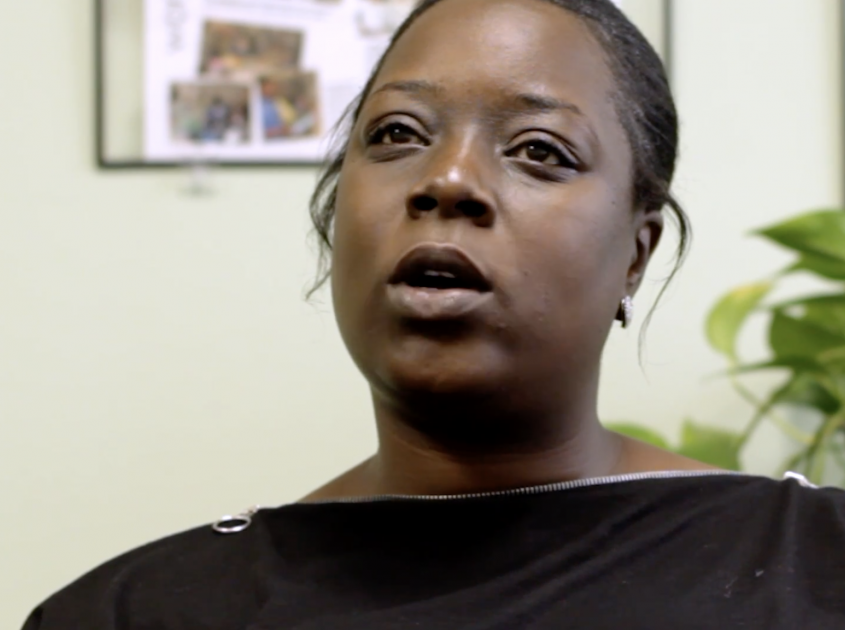 Teacher
Teacher
A teacher haunted by violent dreams after a student dies in a drive-by shooting
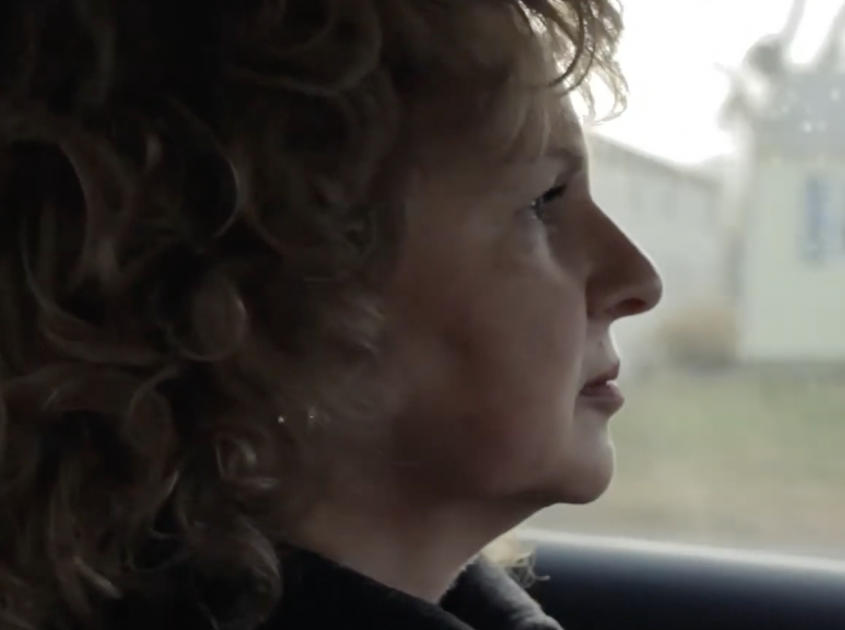 Hospice Care
Hospice Care
A hospice nurse who becomes angry and irritable after caring for a dying young woman
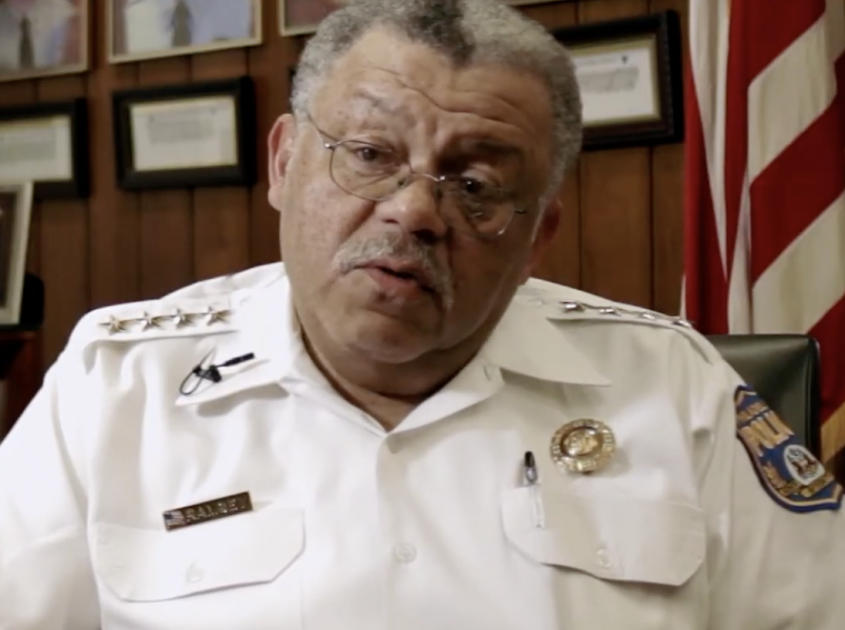 Police
Police
Living for years with the aftermath of split-second decisions
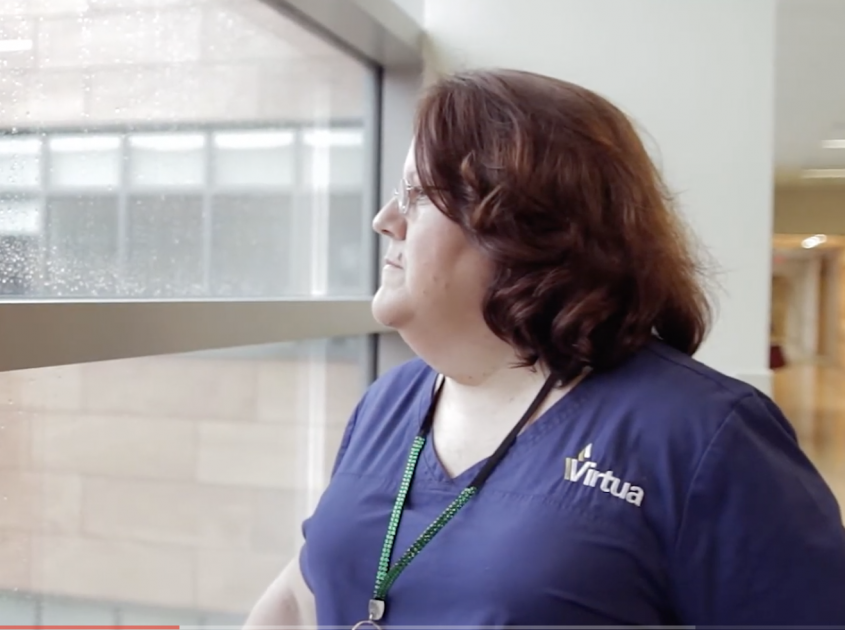 Nurse
Nurse
A new baby dies. The pain and shock of witnessing death.
At home, STS can cause conflicts in relationships and parenting; it can lead to substance abuse and domestic violence. At work, STS can result in absenteeism, employee illness, low productivity, increased turnover and sinking morale. Workers with STS may have trouble thinking, learning, managing change and relating to colleagues and clients.
STS is sometimes called the “cost of caring.” But caregivers and helping professionals don’t have to pay such a steep price. Policy makers, workplaces and individuals can act to buffer, reduce and prevent STS, building a culture in which all of us care for each other.
Related Concepts
There are many concepts that overlap with STS. In this webcast Frank Ochberg explains the differences between Compassion Fatigue, Secondary Post-Traumatic Stress Disorder (PTSD), Vicarious PTSD, Burnout, and Caregiver Burden.
Other concepts that are similar include Vicarious Trauma (VT) and The Second Victim.



